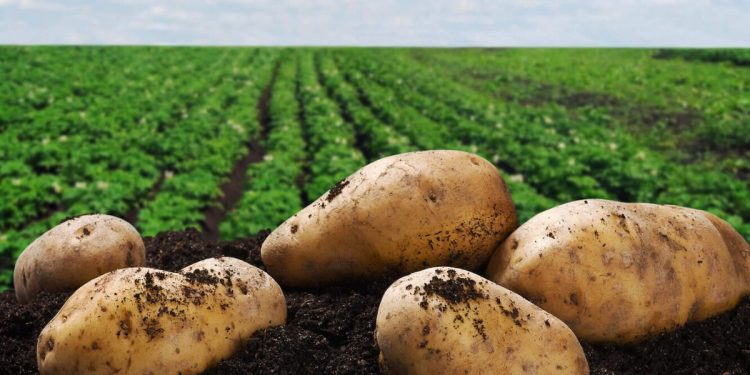#Potatobreedingprogram #NortheastFlorida #sustainablefarming #marker-assistedselection #geneticmodification #pestresistance #diseaseresistance
Northeast Florida has recently initiated a new potato breeding program to enhance the quality, yield, and sustainability of potato farming. The program aims to develop potato varieties that are resistant to pests and diseases and can thrive in the region’s climatic conditions. This article will provide insights into the new potato breeding program and its potential impact on potato farming.
According to the latest data from the University of Florida’s Institute of Food and Agricultural Sciences (IFAS), potatoes are one of the top crops grown in the state of Florida. However, potato farming in Northeast Florida is often challenging due to the region’s hot and humid climate, which makes it susceptible to pests and diseases.
To address these challenges, IFAS has partnered with the USDA Agricultural Research Service (ARS) and the Florida Department of Agriculture and Consumer Services (FDACS) to establish a new potato breeding program. The program will focus on developing new potato varieties that are adapted to the region’s climatic conditions, resistant to pests and diseases, and have superior yield and quality.
The new potato breeding program will use the latest breeding techniques, including marker-assisted selection (MAS) and genetic modification (GM), to develop new potato varieties. MAS involves the identification of genetic markers associated with desired traits, such as disease resistance or high yield, and using these markers to select plants with these traits. GM involves the insertion of genes into potato plants to confer desired traits, such as pest resistance.
The new potato breeding program in Northeast Florida has the potential to revolutionize potato farming in the region. By developing potato varieties that are adapted to the region’s climatic conditions and resistant to pests and diseases, farmers can reduce their reliance on pesticides and increase their yield and quality. This will not only benefit the farmers but also contribute to the sustainability of potato farming in the region.







